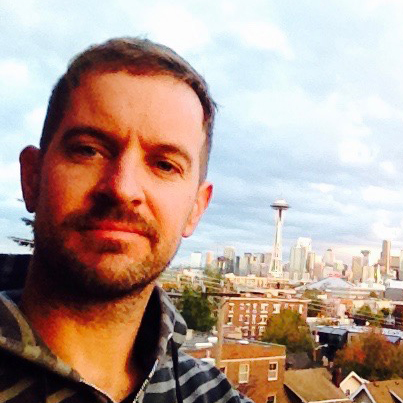The city of Dillingham and the Curyung Tribal Council in Bristol Bay, Alaska, sent a letter to Alaska Governor Mike Dunleavy requesting the closure of the world’s largest sockeye salmon fishery in 2020, amidst concerns that a COVID-19 outbreak in rural Alaska will result if it was left open.
“The City of Dillingham and Curyung Tribal Council want to keep the residents of our community, our region and our state safe,” reads the letter, which was signed by Dillingham Mayor Alice Ruby and First Chief of the Curyung Tribal Council Thomas Tilden. “We request that you take immediate action to control the impacts of the entry of the virus to our state, our region and our community by serious consideration to closing the upcoming Bristol Bay commercial salmon fishery.”
The letter urged a swift decision from Dunleavy so the Bristol Bay region can take advantage of current economic stimulus packages to mitigate the economic impact of a lost season.
Dillingham serves as one of two major transportation hubs in Bristol Bay, and many of the nearly 12,000 non-resident workers who travel to the region each summer to work in the salmon fishery pass through the town, which has a population of around 2,360.
Local groups like the Bristol Bay Native Corporation and the Bristol Bay Economic Development Corporation have been working with processors, fishermen, and local governments to develop new safety protocols. But employees at processing plants in the region work shoulder-to-shoulder and sleep and eat in cramped quarters, and those plants sit adjacent to towns like Dillingham.
“We have considered many, many alternatives and we cannot foresee any plan that would avoid a significant impact to our community. There is no way to prevent a potential mass disease situation when a few hundred people are in close proximity with each other,” the letter said.
The letter points out that social distancing guidelines would be impossible to follow in the processing facilities, as well as on the 32-foot gillnet boats that have two- to five-person crews. Those fishermen and processors often mix with the local communities, buying gear and groceries at local stores.
If the state does not call off the fishery, the letter indicates that local authorities may try to leverage their authority to stop travel into the region.
“Our community does not have the capability to control the movement of [the fishermen]. This is unacceptable and places us in an impossible situation. If your office is not prepared to address this critical problem, then we may find the need to do so. We don’t want to find ourselves in conflict with the state of Alaska, especially when our objectives are the same,” the letter reads.
The letter also underscores that medical facilities are scarce in Bristol Bay, an area that still bears the scars of a devastating Spanish flu outbreak in 1918 and 1919. Historians believe the flu traveled from the mainland United States on cannery vessels, and estimate that up to 60 percent of the adult population in Bristol Bay’s fishing villages perished, with particularly heavy losses in Naknek and Ugashik, which still host part of the Bristol Bay fleet.
Over half of the 1,926 total Bristol Bay drift permits are owned by non-residents, and in 2017 88.7 percent of the nearly 5,500 processing workers were non-residents.
Photo courtesy of Wikimedia







